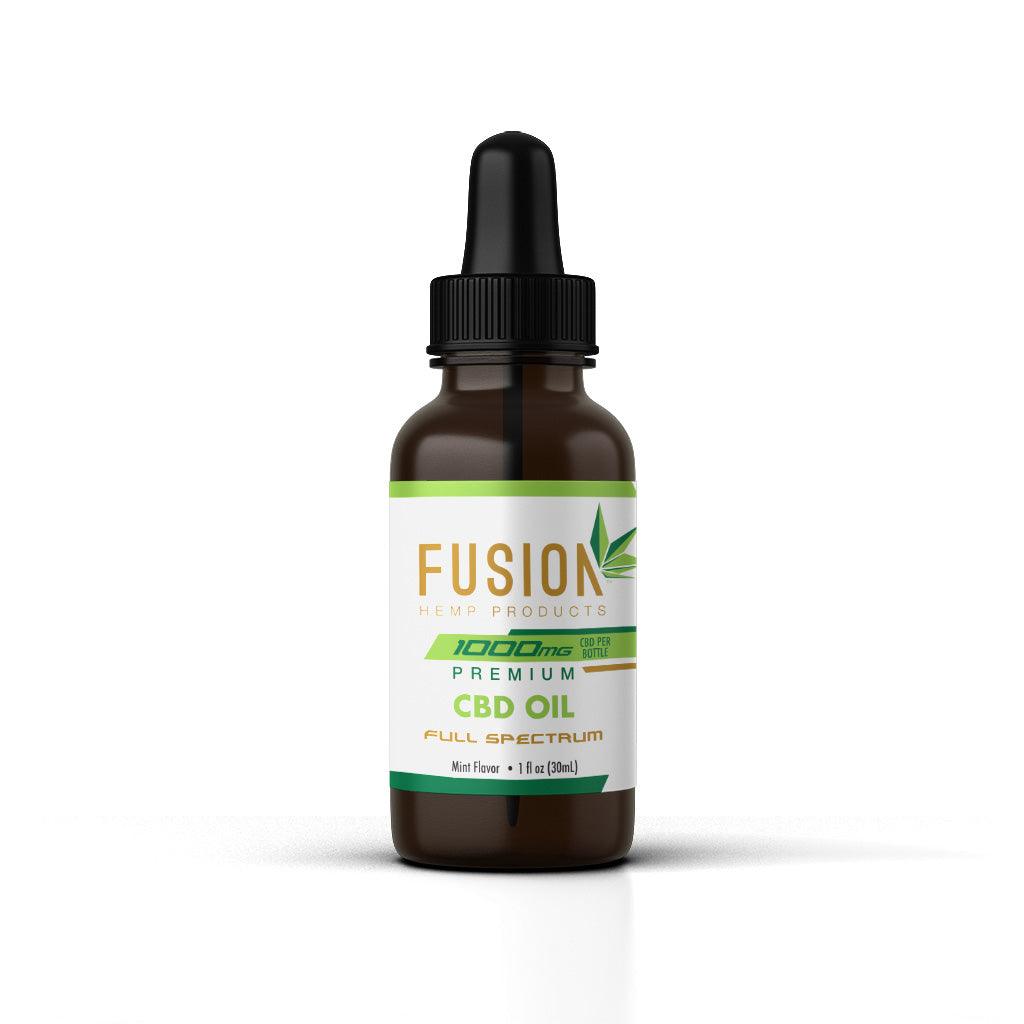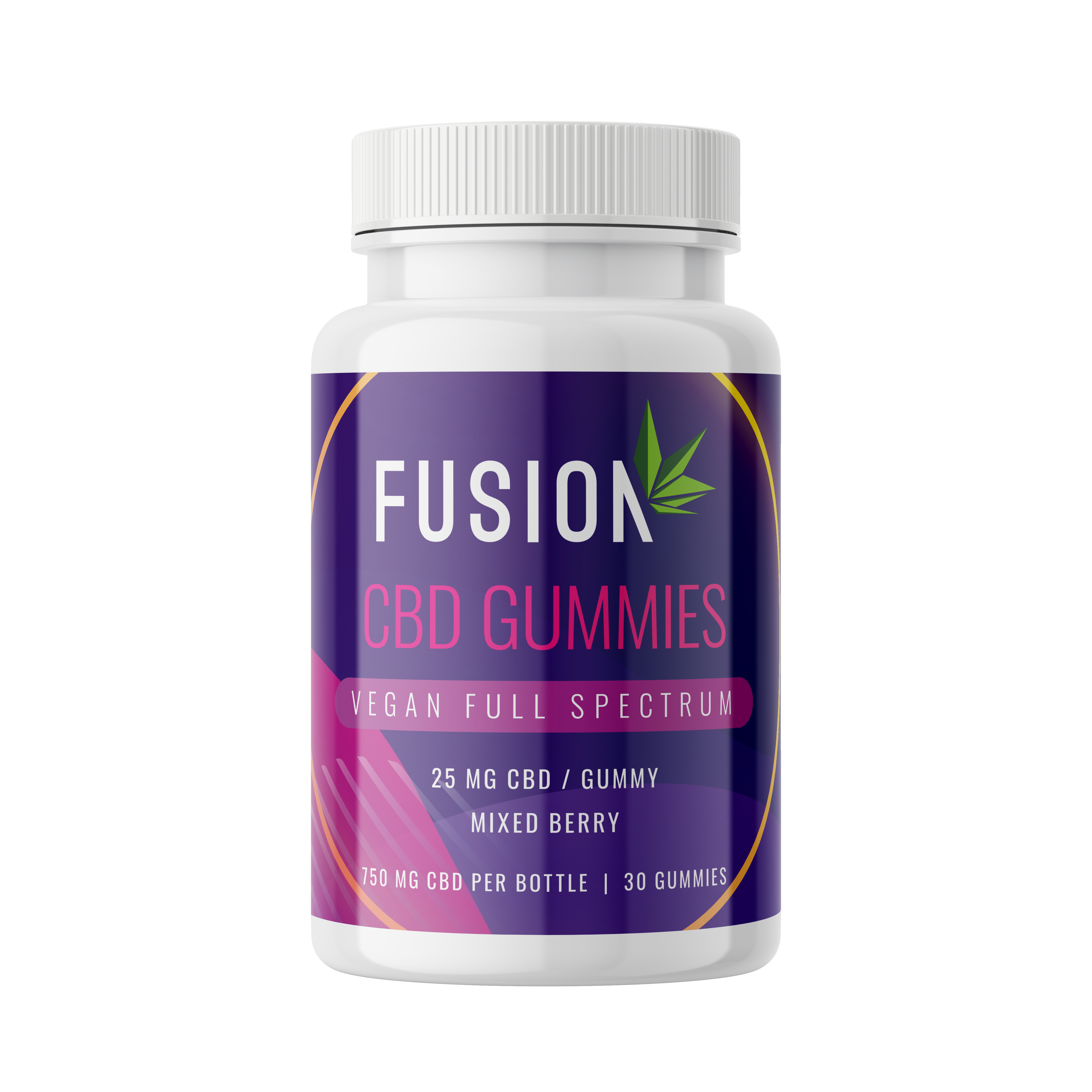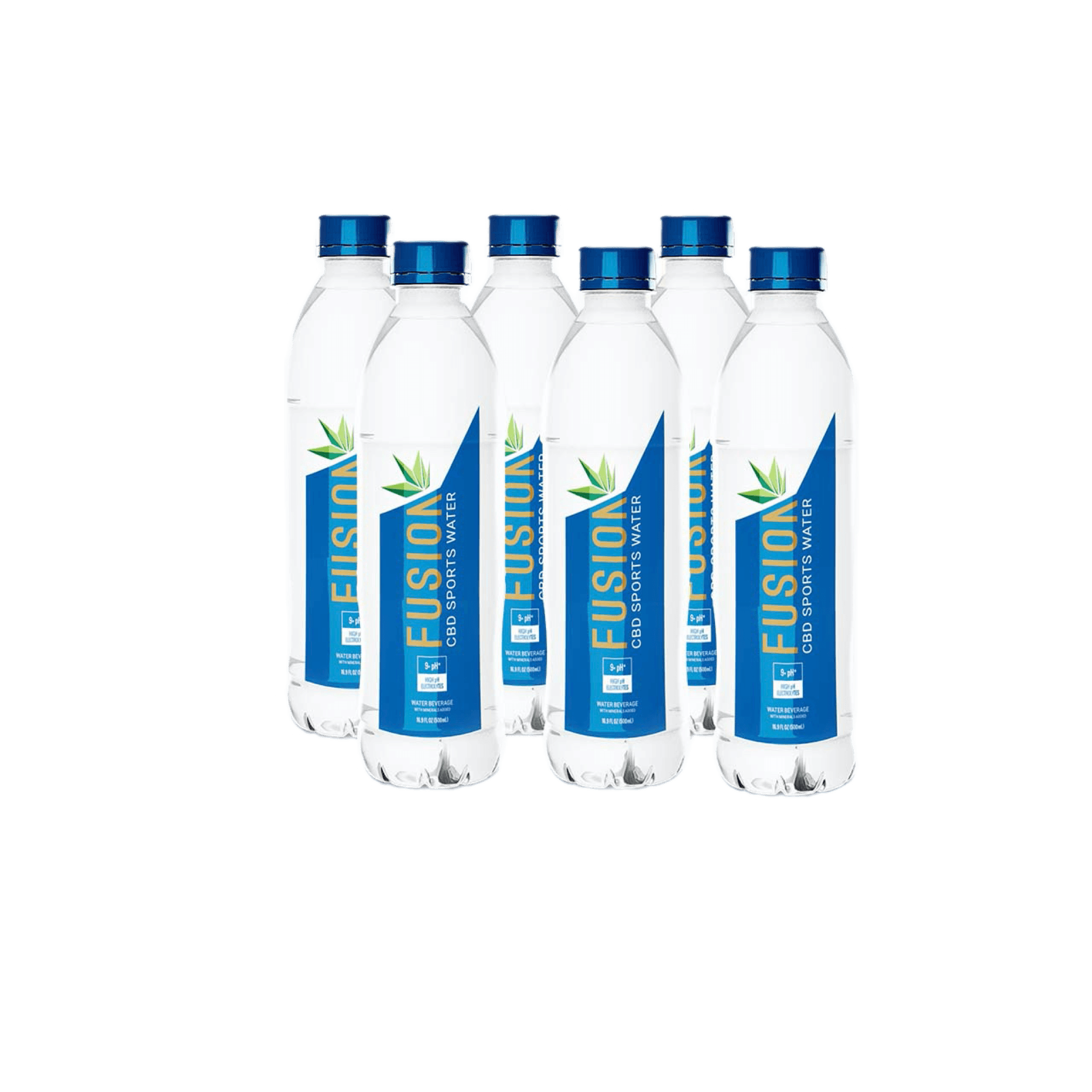News
Is CBD Addictive?
CBD is not a recent discovery, but rather a compound that was discovered in 1940. However, it has only gained widespread popularity in recent years, with the growing hemp industry challenging the stigma around cannabis.
Various research into CBD has revealed its vast potential benefits, such as helping with discomfort management and reducing inflammation. We now even have solid evidence as to whether it’s addictive or not.
However, because of the past stigma surrounding Cannabis use in Western medicine, some of its benefits are still undiscovered. Not to mention lingering doubts regarding its habit-forming properties.
Without further ado, here is every detail you need to know about CBD properties to put your doubts to rest.
Check Out Fusion CBD Products

Full Spectrum CBD Oil (1000mg)

Vegan Full Spectrum CBD Gummies

Fusion CBD Sports Water (6 pack)
What Is CBD?
CBD – also known as Cannabidiol – is one of the over 400 compounds naturally found in the cannabis Sativa plant. CBD is also one of the most studied cannabinoids, alongside Delta-tetrahydrocannabinol (THC).
While both CBD and THC are processed from the same plant, they are highly different compounds, both from a chemical composition and effects point of view.
For one, CBD does not cause psychoactive effects but has significant therapeutic properties. In fact, several medicinal benefits have been hidden for too long as individuals were skeptical about this substance.
How Is CBD Different From THC?
As we have seen, CBD is one of the most prevalent active compounds in cannabis, alongside THC. THC, however, is the compound known to deliver “high” – or psychoactive effects.
THC also produces other psychophysical effects, including increasing the heart rate and enhancing appetite. The benefits of CBD, however, are limited to physical ones, such as reduction in muscle and joint ache, inflammation, and anxiety.
CBD, on the other hand, can even balance THC effects. It can reduce THC paranoia and anxiety and counteract the “high” sensation.
Is CBD Addictive?
Although the studies on the effects of cannabinoids on humans are limited, the preliminary studies show promising results. Additionally, it has been widely acknowledged that CBD does not produce any intoxicating effects, nor does it carry any addictive properties.
CBD does not have the potential for abuse because it does not create the “high” or sense of euphoria commonly associated with THC. For example, when consuming CBD products, indicators such as cognitive function, heart rate, and blood pressure remain unaffected.
Additionally, recent studies have shown that a controlled dosage of CBD can help people struggling with drug addiction and ease its symptoms. CBD offers a safe, beneficial alternative to other substances as it does not negatively impact the body or mental state.
How Does CBD Affect The Body?
As seen above, CBD does not cause addiction and can safely manage several health conditions, including chronic joint ache and arthritis. There are few clinical studies on CBD properties, but some benefits have come to the surface, thanks to the personal experience of individuals with certain health conditions.
Some of the many benefits that CBD can provide are listed below:
CBD Can Reduce Drug Addiction
Not only is CBD not addictive, but it can also potentially assist with certain drug use disorders and ease some existing addictions. CBD is like a rescue ladder for people stuck in the cycle of substance abuse, helping to lift them up and out of their addiction. Recent studies have shown that a controlled dosage of CBD can even help reduce the development of cocaine and methamphetamine addictions.
Here are some recent studies’ findings:
- It can reduce symptoms and limit relapses for individuals already suffering from drug use disorders.
- CBD can help individuals fight THC downsides, including withdrawal symptoms
- CBD can be an effective alternative to cannabis dependence
- Cannabidiol lowers addiction to other addictive substances, including opioids and tobacco
- CBD can help reduce drug addiction side effects, such as anxiety, aggressiveness, cravings, and impulsivity
CBD May Reduce Anxiety
Currently, limited studies indicate CBD’s benefits in easing anxiety. However, the results are promising, and individuals receiving Cannabidiol reported positive effects. CBD might reduce anxiety in social situations, mental illness, drug dependence, or inflammation.
CBD Improves Sleep Quality
CBD has been shown to improve sleep quality in many individuals, regardless of the underlying cause. Several studies have found that CBD can help reduce the amount of time it takes to fall asleep, as well as minimize the number of awakenings during the night.
Additionally, due to its calming properties, CBD can help ease stress and anxiety, which can further improve sleep quality. It is important to note that the effects of CBD on sleep can vary from person to person, so it is essential to consult a doctor before taking CBD for sleep.
All said it is important to be mindful of the dosage, as taking too much can result in more wakefulness.
CBD May Reduce Chronic Muscle and Joint Aches
Around 50 million people in the US suffer from muscle and chronic ache. Just under a quarter of them experience severe inflammation that interferes with their daily lives. Currently, no long-term solutions for discomfort exist, and ache-management alternatives – such as opioid-based medications – can only offer temporary relief.
In recent studies, full-spectrum CBD has helped individuals cope with discomfort, sleep better, and reduce inflammation. Moreover, the studies found that a controlled dose of CBD can help people with muscle and chronic ache regain a high quality of life. This can help them return to their normal lives.
Other Benefits Of CBD
There are countless benefits to CBD, but many of them are yet to be discovered and studied. Some animal studies and direct user experiences suggest that CBD could also have beneficial effects on the following:
- Potentially reducing inflammation
- Potentially strengthening and balancing the immune system
- Potentially reducing nausea
- Potentially improving skin condition
- Potentially enhancing your appetite
What Is The Legal Status Of CBD?
CBD is derived from the hemp plant, which is a member of the Cannabis sativa species. Hemp-derived CBD is legal in the US and many other countries, as long as it contains less than 0.3% THC.
This is because THC is the psychoactive compound in cannabis that causes the user to experience a ‘high’.
CBD, on the other hand, does not have any psychoactive effects, so it is safe to use. In the US, hemp-derived CBD products are now widely available and can be purchased online or in stores.
It is important to ensure that any CBD product you purchase is sourced from a reputable manufacturer and tested for safety and quality. CBD is also not likely to appear on a drug test, so it is a good option for those who need regular drug tests for work or other reasons.
Finding the Safest CBD For Use
Because this compound is largely unregulated, it’s essential to only buy CBD products from an authoritative and respectable seller. Furthermore, always read the label and research the company to ensure you get a quality product.
It is also wise to consult with a doctor before using any CBD product. Third-party testing is also important. Make sure an independent third-party lab has tested any CBD product you buy, as this will ensure that the product is free of contaminants and that it contains the amount of CBD listed on the label.
Last but not least, beware of cheap items, as they may be made with inferior ingredients or contain less CBD than advertised. Also, be aware of companies that make outrageous claims regarding their products’ benefits, as these claims are not backed up by scientific evidence.
Learn More About the Benefits of CBD
While the benefits of CBD will continue to surprise us, it is essential to find CBD products that are pure, high-quality, and accurately manufactured. That’s the only way we get to enjoy its properties to the fullest extent possible.
As of now, we are certain that CBD, when sourced responsibly, is not addictive. It is also non-psychoactive, meaning it does not produce a “high” as THC does. Therefore, it is a great option for those seeking relief from various conditions without the psychoactive effects of THC.
Here at Fusion CBD Products، we believe this compound has the potential to change people’s lives for the better. That is why we strive to become your most trusted partner. We provide superior quality CBD products that are crafted with care and backed by science, so you can trust in our commitment to your health and well-being.
Whether you have a question about a CBD product or want to use oils or tinctures to reduce the symptoms of a health condition, our team of experts can help you with anything you need.
Is CBD Addictive FAQ
Is CBD Addictive?
The answer is no; CBD is not addictive. CBD is derived from the hemp plant and contains no psychoactive compounds, unlike THC found in cannabis plants. This means CBD does not produce a “high” or any other type of psychedelic effect, which is why it is not addictive. CBD’s lack of psychoactive compounds also means it is safe to use without fear of withdrawal symptoms.
How Do I Know If a CBD Product Is Safe?
To ensure CBD product safety, it is important to look at a few key factors. First, look for third-party lab results. By doing so, you can make sure that the product is free of contaminants and contains the amount of CBD listed on the label. Secondly, beware of cheap items, as they may be made with inferior ingredients or contain less CBD than advertised. Finally, buy from companies that are transparent about their production and sourcing methods. This will give you a better understanding of how the product was made and where it came from. Following these steps will help ensure you use a safe, quality CBD product.
Are There Any Side Effects of Taking CBD?
Generally, CBD is considered safe and well-tolerated. However, some people may experience side effects, such as dry mouth, fatigue, and changes in appetite or weight. It is important to keep in mind that CBD can interact with certain medications and supplements, so it is best to consult with a healthcare provider before using CBD.
